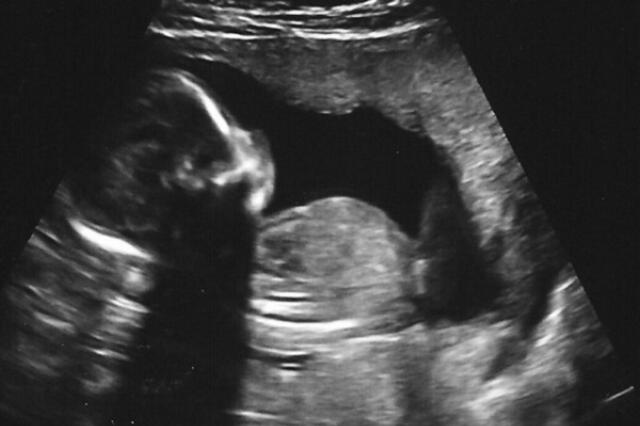When Christians argue for abortion
It’s interesting to take note of how our vocabulary evolves over time. The terms “equity” and “justice” have become ubiquitous in the last few years, and they’ve become markers with which we can identify someone’s ideology. To be honest, I don’t think I’ve ever come across a conservative or a libertarian using the word “equity” unless it was as a pejorative. The word “justice” is a telling signal when it’s preceded by words such as “social” and “environmental.”
Much has been written on how changing the language changes perception. Using a rhetorical oxymoron like “religiously based barriers,” for example, implies that something is wrong simply because religion says so. The truth is that some religions forbid an activity because that activity is wrong.
Of the major religions in the U.S., the Catholic Church, Latter-day Saints (Mormons), and Southern Baptists oppose abortion with few or no exceptions, whereas it is supported in Conservative and Reformed Judaism and in the Presbyterian, Methodist, and Unitarian churches.
A group called “Catholics for Choice” claims that 63% of U.S. Catholics believe that abortion should be legal in all or most cases and that 25% of abortion patients are Catholic. Assuming that this claim is even true, it would nevertheless be an example of the ad populum (appeal to popularity) fallacy. Saying that something is morally right because many Catholics are taking part in it is not a justification as much as it is an example of poor catechesis.
Rev. Carlton W. Veazey is a Baptist pastor. In a 2008 interview, he said that “the pro-choice position is based on respect for human life, including potential life and existing life.” He does not believe that life starts at conception and that the rights of the mother take precedence over the rights of the unborn. He contends that abstinence-only programs do not work and that the number of abortions can be reduced through education and contraception.
The pro-choice crowd, like Rev. Veazey, claim that life does not begin when a sperm cell fertilizes an egg cell and that God wants us to be free. Their position is that since we have free will, we are free to make our own decisions regarding an unwelcome pregnancy and that forcing a woman to bear a child shows a lack of respect for women. They also state that no one religious opinion should govern the law.
What these arguments reveal to me are ignorance of basic science and some rather disturbing rationalizations. It’s been common knowledge for millennia that all matter is living, non-living, or dead. Cell theory originated in the 19th century with the development of the microscope. We’ve always known that humans can come only from other humans, and for 200 years, we’ve known that cells are alive. It’s well established that a new human being is formed at the moment of conception, and there is no such thing as “potential life.”
Rev. Veazey can claim that the rights of the mother outweigh the rights of the unborn, but in so doing, he’s establishing a continuum of rights based on size and stage of development. If he believes that the pro-choice position is based on respect for life, he might demonstrate it by respecting the life of the unborn.
Asserting our God-given free will grants us the right to dispose of those who are unwelcome is a dangerous philosophy. That idea led to well over 100 million people slaughtered by their own governments in the 20th century and is the mind-set that drives terrorists today.
When people object to forcing a woman to bear a child, they conveniently ignore the role abstinence and contraception play in family planning. No woman is forced to conceive a child except in the case of rape, which, last time I checked, accounts for less than 2% of all abortions.
It is unnecessary to resort to religion in these debates, and it is a distortion of Christianity to use it as a defense of abortion. To coin a phrase, when it comes to when life begins, the science is settled. The only remaining question is if all human beings have human rights...or must they first be wanted by others?

Image: Nogwater via Flickr, CC BY-SA 2.0 (cropped).





